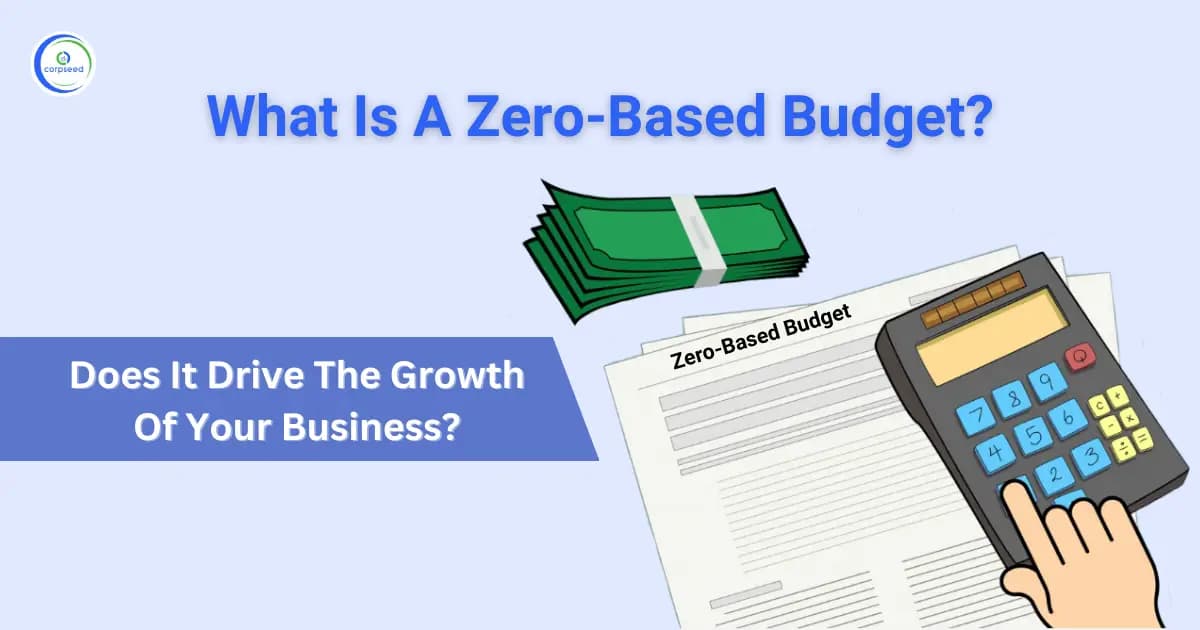
Loading...

A Zero-Based Budget can be considered an open-minded cost management strategy with the ultimate goal to improve cost efficiency on a continuous basis.
About the Author

Experienced Digital Marketer with a demonstrated history of working in the Internet industry. He likes to write about the latest technology trends, Skilled in Digital Marketing likes. Search Engine Optimization, SMO, SEM, PPC, Content Writing, and, Designing, etc.